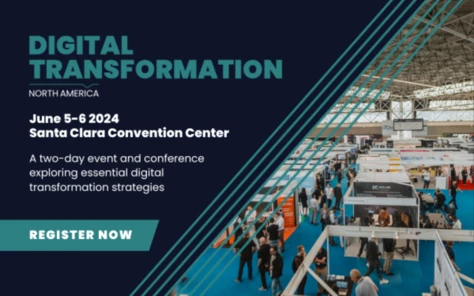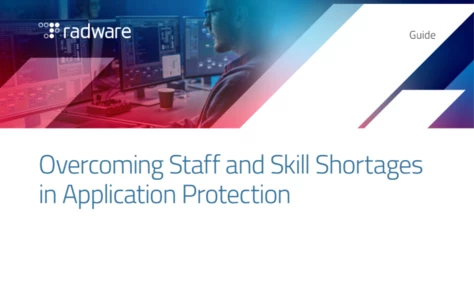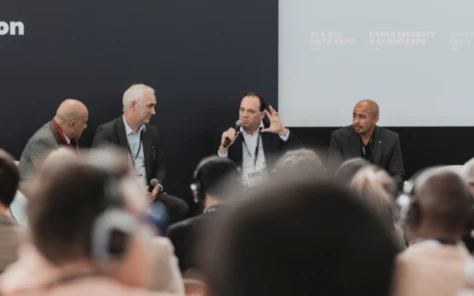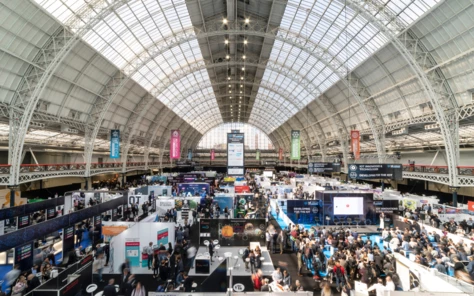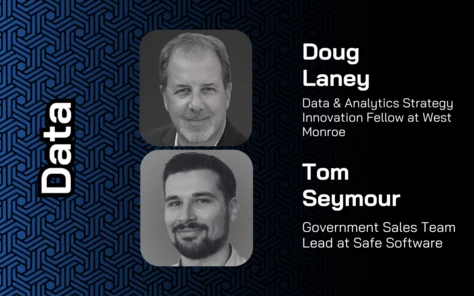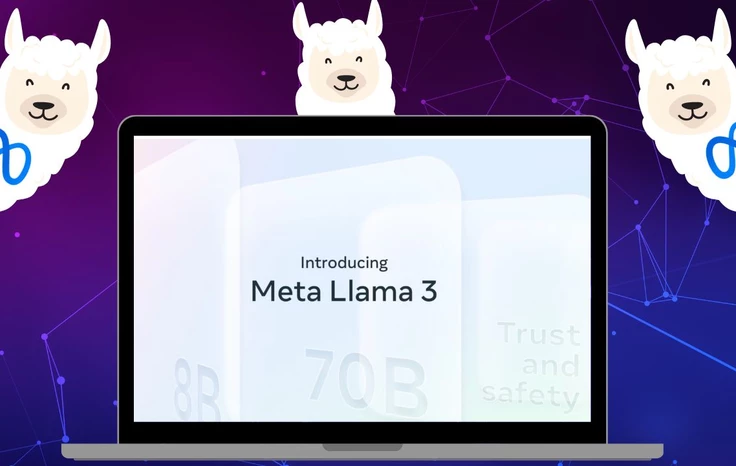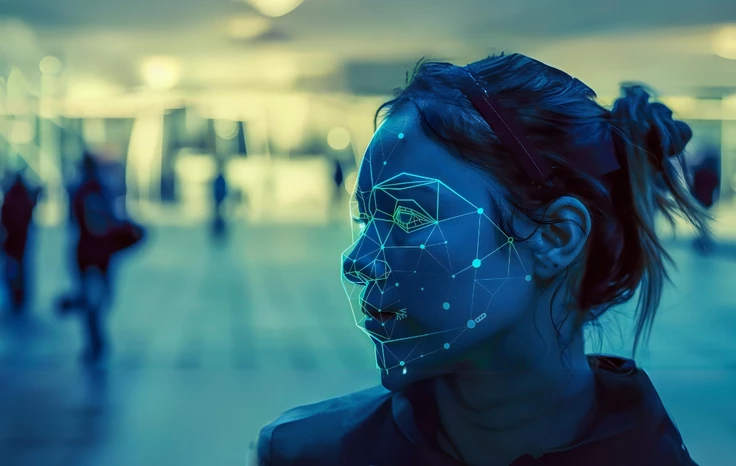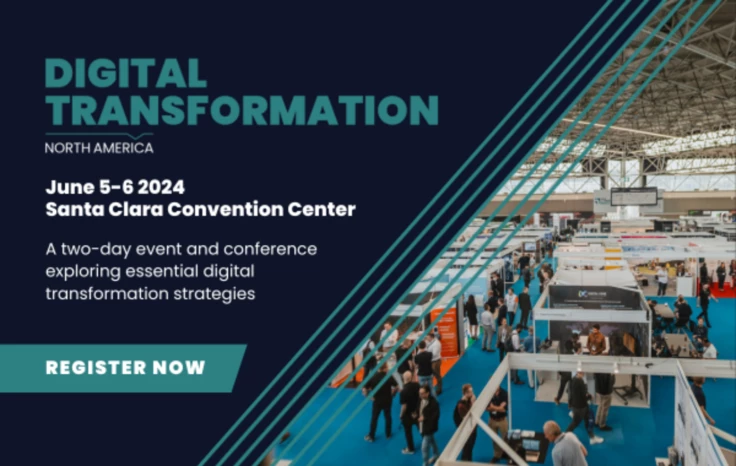What is Data Architecture? Frameworks, Principles, Examples
How can artificial intelligence help businesses with diversity recruitment?
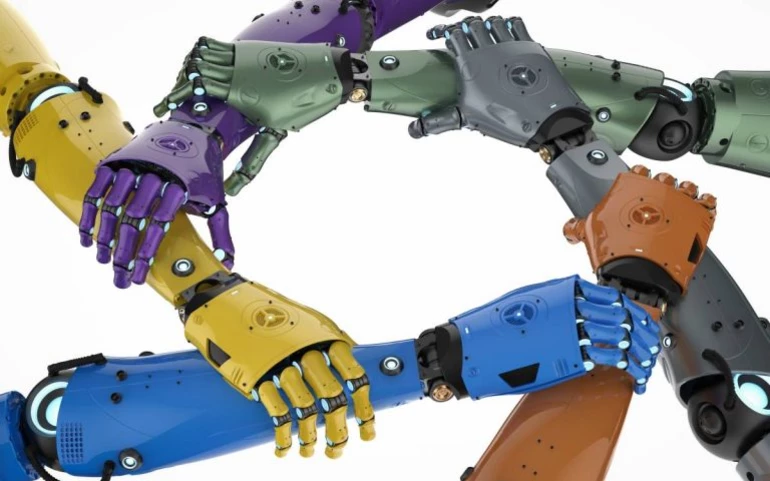
The tech industry has historically been subject to scrutiny due to its lack of diversity. In particular, the obvious absence of women and BAME employees has been disappointing, as well as that of other underrepresented groups. However, the tech industry has made great progress as of late, so much so we are even seeing Chief Diversity Officers in company C-suites to ensure strategic diversity and inclusion.
Many companies that have invested in diversifying their workforce have reaped the many advantages it comes with. The financial and social rewards alone have demonstrated that businesses do indeed benefit significantly from a workforce rich in different backgrounds.
Just think about it; different people can bring different ways of thinking to the table. With a wealth of varied ideas and perspectives, you can amalgamate this for the most powerful and creative innovations. Not only that, but different paths and experiences will enable greater resilience too. In turn, companies with a workforce rich in difficult cultures, political and religious beliefs, disabilities, orientation, and more have – time and time again – enjoyed increased profitability.
So, how exactly should companies go about hiring from a more diverse pool of candidates? The key is to be proactive and find them yourself, of course – but how can technology help in this endeavour?
AI-driven diversity recruitment
It may surprise you to read that artificial intelligence (AI) could be a useful technology in diversity recruitment. For a long time, AI has been subject to scrutiny over bias. Who could forget the Amazon recruitment blunder, whereby the company's AI-powered recruiting tool showed bias against women?
However, it is all a matter of configuration. In Amazon's case, it was simply early days; the knowledge surrounding algorithmic bias was scarce and new, and initiatives to use AI in recruitment were jumping the gun.
Since then, AI has gained recognition as a means to combat unconscious bias and is now a common fixture in recruitment. Currently, recruiters are currently taking advantage of its ability to speed up the recruitment process, but it has potential for much more.
In particular, AI could eliminate unconscious bias in hiring processes. As ethical design frameworks come to light, we can program AI to be fair – fairer than humans. Once the AI is conditioned, it should be regularly audited to ensure that it always meets the standards agreed upon.
AI can only be as good as we condition it to be. Thus, rather than argue that AI is inherently biased, we must instead work towards understanding our own bias first. Once businesses have determined their internal biases (not enough women/minority groups, etc), they can program AI to combat it. With periodic audits, organisations can adjust where necessary to continually meet their aims.
It's time to shift the narrative that AI is biased. Instead, we need to work with it to achieve the business imperative that is diversity in the workforce. By learning from previous mistakes and better recognising what our responsibilities are in engineering ethical, fair AI. After that, the possibilities are endless.
Why not check out our CxO of the Week, Ron Rymon at WhiteSource?


